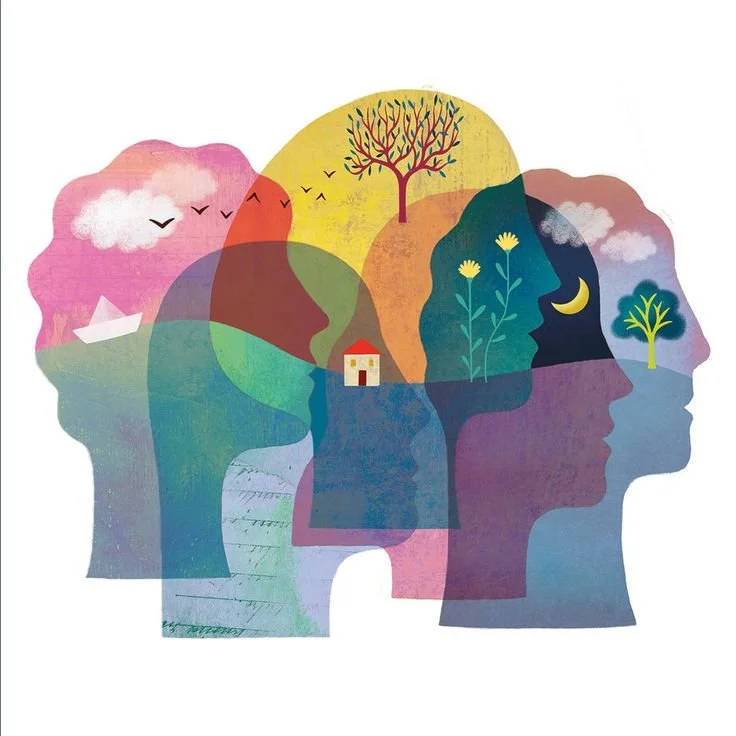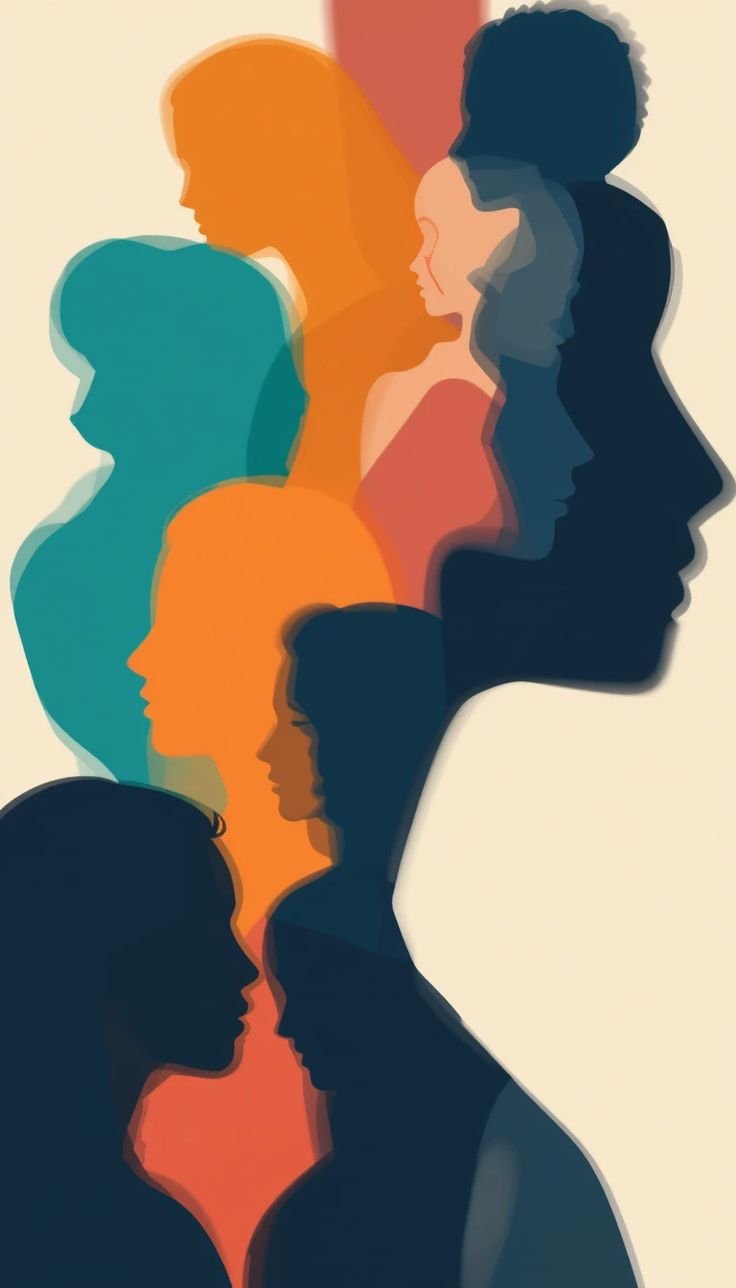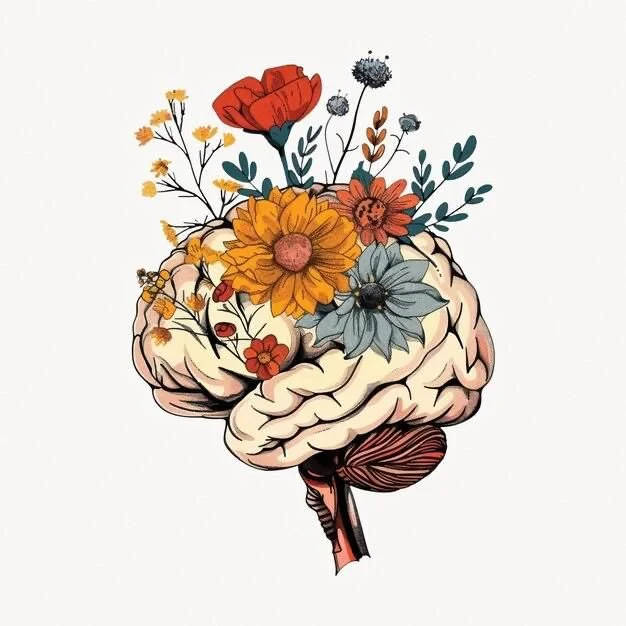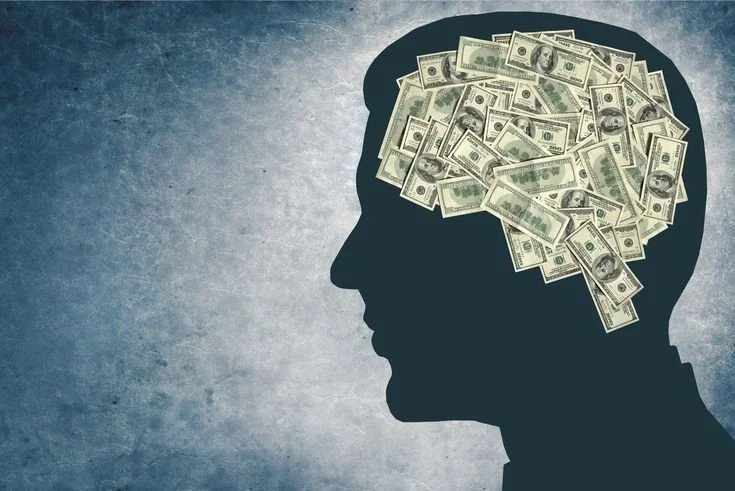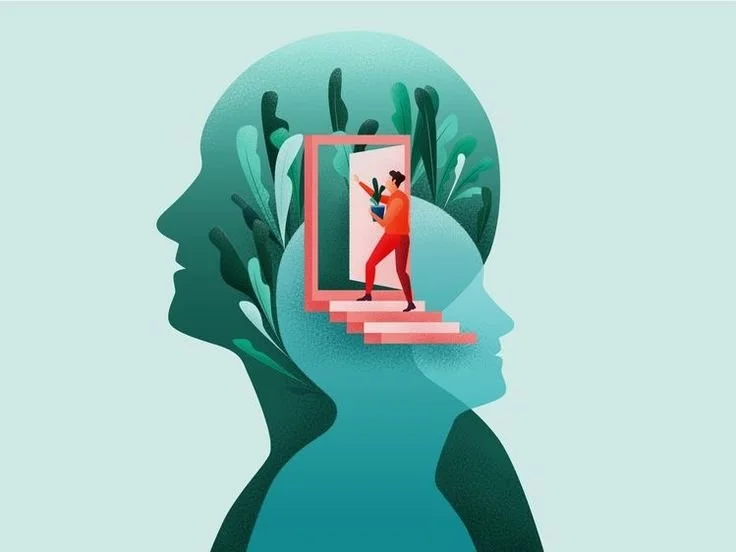Coming Home to Yourself: The Quiet Art of Reconnecting Within
Reconnecting with yourself isn’t a one-time act - it’s an ongoing relationship. There will be days you feel centered and days you drift again. That’s okay. The goal isn’t constant alignment, but the awareness that you can always return.
Life will keep changing - roles, relationships, seasons - but the one constant is you. The way you speak to yourself, care for yourself, and meet yourself in difficult moments shapes how you navigate every other part of life.
Take a deep breath.
Turn inward.
And gently, patiently. find your way back.
Carrying What Isn’t Ours: The Fine Line Between Caring and Self-Sacrifice
We can love people fiercely without losing ourselves. We can support them without stepping into their shoes. And sometimes, the greatest gift we can give isn’t solving their problems, but walking beside them while they learn to solve their own.
Because at the end of the day, carrying what isn’t ours doesn’t lighten their load - it only doubles the weight. Real love is lighter, freer, and truer.
Maybe the question worth asking is this:
Am I helping out of love, or holding on out of fear?
In learning the difference, we protect not just our well-being, but the authenticity of our connections.
The Psychology of Guilt: Why It’s So Powerful and How to Let It Go
Guilt is powerful because it speaks to our deepest values - love, responsibility, integrity, care. It reminds us of the kind of people we want to be.
But guilt is not meant to be a lifelong companion. Its purpose is to guide, not to chain. Once it has shown us what matters, we’re allowed to let it go.
The real work lies in learning the balance: to take responsibility without drowning in self-blame, to honor our values without punishing ourselves for being human.
Because at the end of the day, guilt doesn’t define you. What defines you is how you choose to respond — with repair, with growth, and with compassion.
The Words We Whisper: How Self-Talk Shapes Our Inner World
We all have an inner voice - the quiet narrator that comments on our day, our choices, our mistakes, and our worth.
Sometimes it's gentle. Supportive. A steady hand on our back.
But other times, it’s harsh, it’s relentless. A voice that doesn’t sound like ours, yet speaks with so much control and authority.
This is self-talk - the way we speak to ourselves when no one else is listening. And while it may seem like background noise, it quietly defines the landscape of our inner world.
Impostor Syndrome: Why We Doubt Ourselves and How to Overcome It
Impostor Syndrome isn’t a mental illness. It’s a pattern of self-doubt that makes people feel like frauds, even when they’re successful, competent, and qualified. They may attribute achievements to luck, timing, or others’ support, anything but their own effort and capability.
If you’ve ever felt like an impostor, chances are you’re not one. Real impostors don’t question themselves, they overestimate their competence. The very fact that you care, reflect, and worry means you’re conscious, not counterfeit.
The Psychology of Money: How Our Beliefs Shape Financial Decisions
What we call “money issues” are really unspoken emotional truths.
We think money is math.
Add, subtract. Earn, save.
Work hard, spend smart. Stick to a budget. Simple.
But for most of us, it’s not that simple.
Not because we’re irresponsible.
Not because we “lack discipline.”
But because money is emotional.
It carries stories from our childhood.
Memories of fights behind closed doors.
Guilt around asking. Fear around receiving.
Relief that never quite lasts.
Money, for many of us, is not logic, it’s identity.
The Healing No One Sees: Private Victories That Deserve to Be Named
Not all progress is loud. Some healing is quiet, sacred, and only you know it happened.
There are moments in your healing journey that no one notices.
No one claps.
No one congratulates you.
No one even knows they happened.
But you do.
And those moments matter—more than anyone could possibly understand.
The Psychology of Addiction: Understanding the Mind’s Cravings
At its core, addiction is not about weakness. It’s about the brain learning that a certain substance, behavior, or experience provides intense relief, pleasure, or distraction. Whether it’s alcohol, social media, food, nicotine, gambling, or even work — the addictive loop starts when the brain begins to associate that “thing” with comfort, escape, or control in an otherwise unpredictable world.
Many people don’t realize that addiction is not just about “getting high” — it’s about feeling less pain, less emptiness, less chaos. When we feel anxious, numb, rejected, unsafe, or overwhelmed, the brain craves something to soothe us quickly. Over time, this shortcut becomes a trap.
If you or someone you love is struggling with addiction, know this — you are not weak, and you are not alone. The brain is not the enemy; it’s doing its best to protect you. But it may be using outdated strategies.
With the right support, awareness, and willingness to face the pain underneath the cravings, recovery becomes more than possible. It becomes a radical act of self-compassion.


